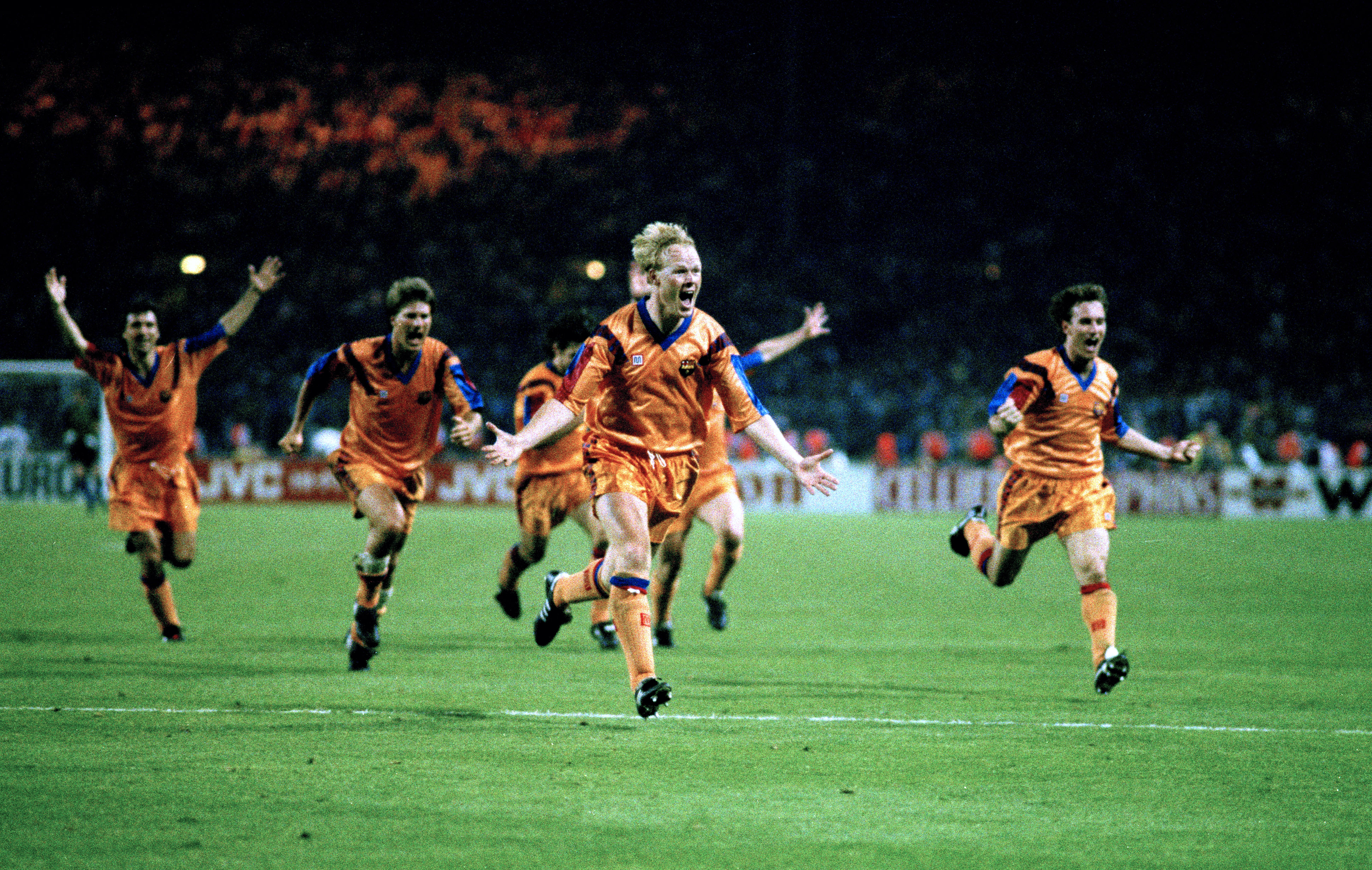Mark Noble’s England omission has highlighted a troubling theme of the team's selection policy
The West Ham midfielder was again overlooked by Roy Hodgson for the Three Lions’ latest crop, but whether he deserves to be or not, writes Seb Stafford-Bloor, his continued snub reflects badly...
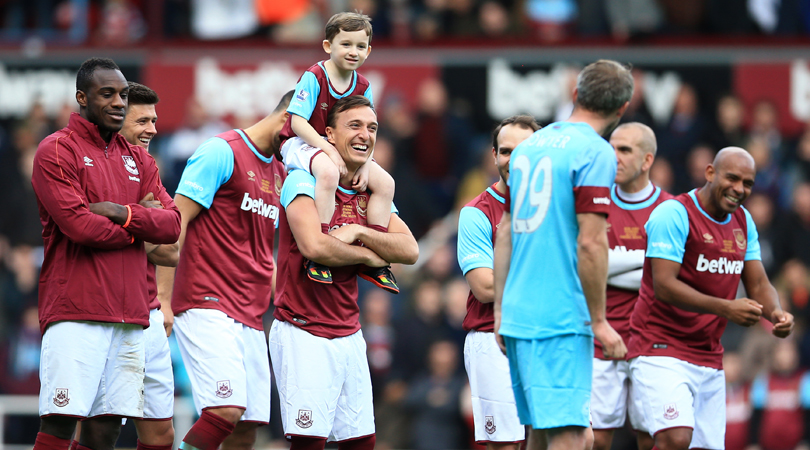
If such a thing is still possible, Mark Noble's testimonial at Upton Park on Monday was very traditional. The modern game is often accused of distancing the fans from their heroes, but there was a palpable, figurative embrace between Noble and his supporters, and the love between the two has never been more obvious.
Still, there was a shade of sadness: the previous week, Noble had – in spite of sustained good form – been excluded from Roy Hodgson's England squad and seen his remote chance of travelling to the European Championship disappear.
He accepted it with good grace and, rather typically of his personality, promised to keep pursuing his dream of playing international football. The West Ham fans seethed on his behalf; Noble is a modern icon in the East End and a player who, despite relegation, has never left the club's side. The perception in that part of the world is that he has suffered for his loyalty and paid for not chasing a move to a more visible club.
- NEWS Noble keen to forget about England snub
- NEWS Hodgson: Noble fanfare is like calls for Grant Holt
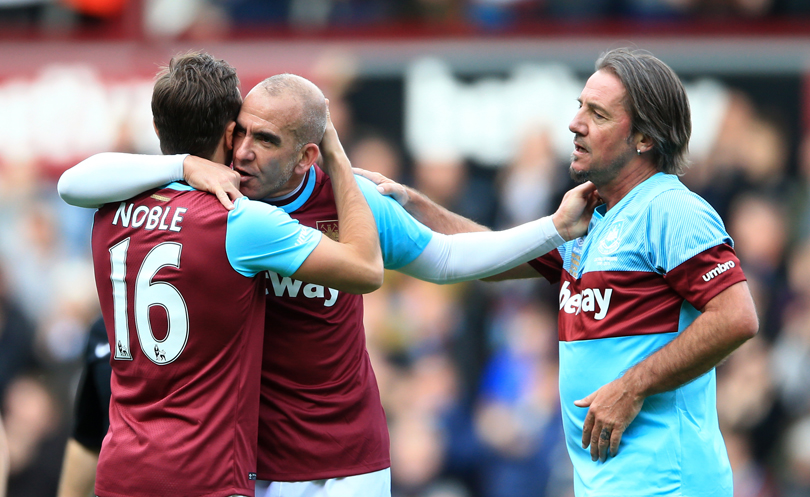
Underwhelming others
Ryan Mason has played for his country, Jake Livermore has a senior international appearance to his name, and Tom Cleverley was given countless chances
But the time his big day had arrived, however, England had won in Germany with a thrilling performance which airbrushed Noble from the agenda. It was a victory which changed the tone around the national team: from players who deserve call-ups but haven't received them, the focus has now shifted to those who haven't earned them but will still default their way onto the plane.
But even if their cause has grown less fashionable, the Noble lobby has a point: how is it that a team who have been as underwhelming as England over the past decade have been able to repeatedly shun a player who has been such a consistent performer?
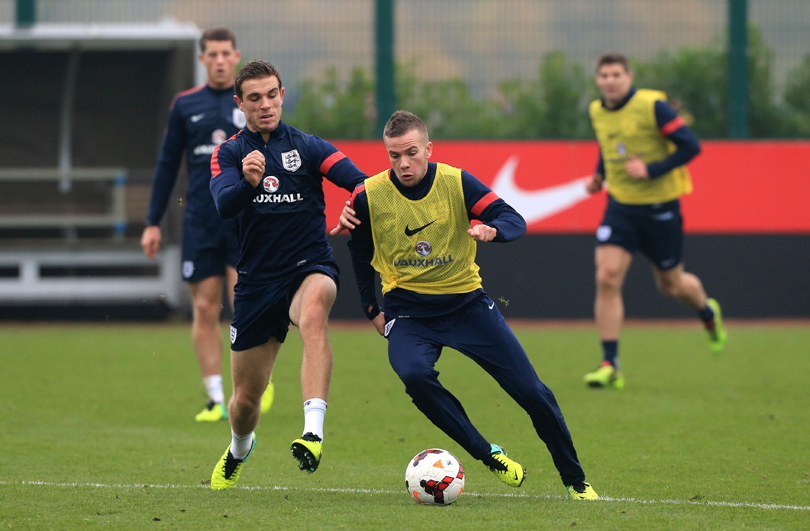
There's no need to overstate his case or claim that he should have taken caps from superior players, but he is the glaring omission. England have produced some extremely talented midfielders in the last 10 years, but they have fielded those who should be considered Noble's equals. Ryan Mason has played for his country, Jake Livermore has a senior international appearance to his name, and Tom Cleverley was given countless chances to prove that he had value at that level. Even Jimmy Bullard was invited to a couple of training sessions under Fabio Capello.
The best features, fun and footballing quizzes, straight to your inbox every week.
The question here isn't whether Noble deserves – or has ever deserved – a place in the starting XI, but really why he's never piqued the interest of any England manager.
While his surroundings have been subject to constant change and the balance of West Ham's side has often been suspect, he has provided them with a steady baseline and has proven himself to be an enabling player capable of blending with all sorts of stylistically different midfielders.

The list of players he has he combined with or facilitated over recent years is fairly eclectic: Scott Parker, Mohamed Diame, Alex Song, Ravel Morrison, Thomas Hitzlsperger and Kevin Nolan have all orbited around Noble at one point or another and yet he's been able to tailor his role to whatever a manager has needed him to be.
There's a value in that dexterity, of course, but also in the enabling stability that it provides: if midfielders are generally either acidic or alkaline, Noble has the neutral PH which allows him to co-exist with almost anyone.
Stars over substance
England seemed wedded to the belief that the best 11 players will always produce optimum results
The English national team's issues are commonly attributed to talent production, though that doesn't completely explain their under-performance in major tournaments. They may lack the pockets of brilliance that the Spanish, Germans and Argentines enjoy, but they have also frequently failed to beat sides with inferior man-to-man ability.
The talent pathways in this country are cluttered and do need clearing, but errors have also been made at a non-infrastructural level too; England have prioritised star power over chemistry and reputation over cohesion. While it's generally accepted that football teams are constructed from a series of harmonious on-pitch combinations, England seemed wedded to the belief that the best 11 players will always produce optimum results.
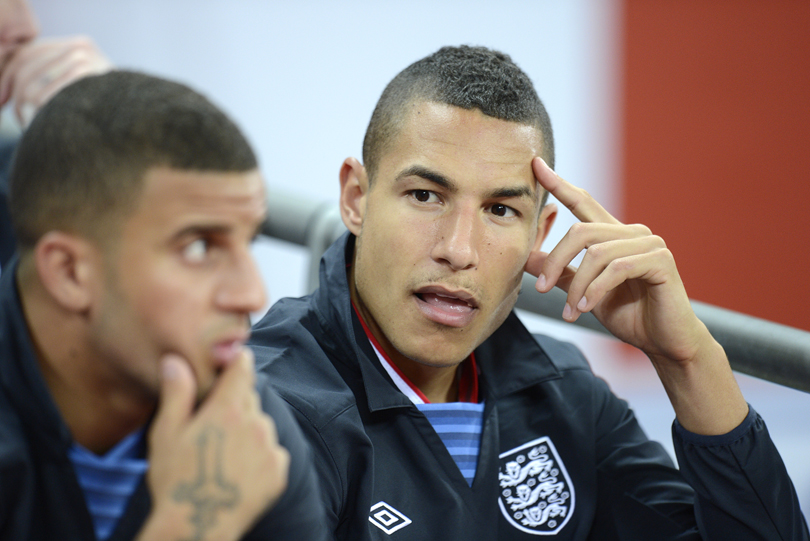
It's flawed thinking. While the question posed ahead of an uncapped player's first squad inclusion is invariably a reductive "is he good enough?", a similar, but more pertinent "is he useful?" might be more appropriate.
Noble is not particularly exciting to watch and possesses no single outstanding attribute, but his cap-less career is probably symptomatic of the failure to ask that second question.
Irrespective of what he might have been able to do in an England shirt, there should have been at least a curiosity to find out what he could have help others to achieve. He's exactly the sort of enabling, flow-into-the-cracks footballer who England have been exposed for not having and yet who they still seem unwilling to pick.
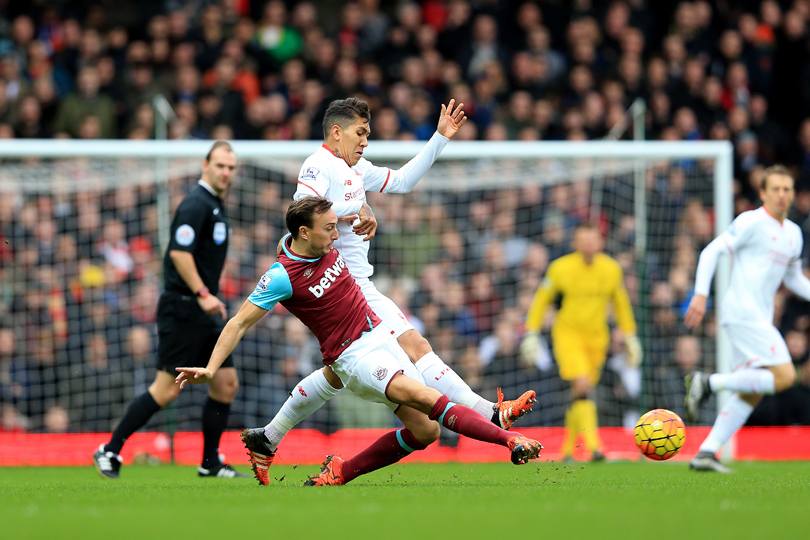
In a recent interview with The Independent, Dietmar Hamann claimed that "England always had fantastic Christmas decorations but never had a tree" – or, in other words, they have the stars but not the binding structure which would allow them to shine.
It's difficult to argue with that and it's disconcerting that these ailments, while simply diagnosed by outsiders, are never treated.
Loyalty sucks
Had he not done so – and played for Tottenham, Everton, Liverpool or maybe even spent time on an illustrious substitutes' bench – he would probably have received a call-up
Noble's time in the international wilderness is ultimately his own private concern, but what it represents is more troubling. Two loan spells aside, he has spent his entire career at a club who have existed between the bottom half of the Premier League and the top of the Championship. Had he not done so – and played for Tottenham, Everton, Liverpool or maybe even spent time on an illustrious substitutes' bench – he would probably have received a call-up just out of courtesy.
It might not have led to anything, and the respective coaching staff may have subsequently discarded him, but an exploration of his value would at least have taken place.
That it didn't, and that he remains an unturned stone, helps to sustain a terrible precedent. It's one which gives credence to that old transfer request excuse of "needing to play at the highest level" and essentially encourages players to migrate quickly up the table to avoid being type-cast as bottom-half talent.
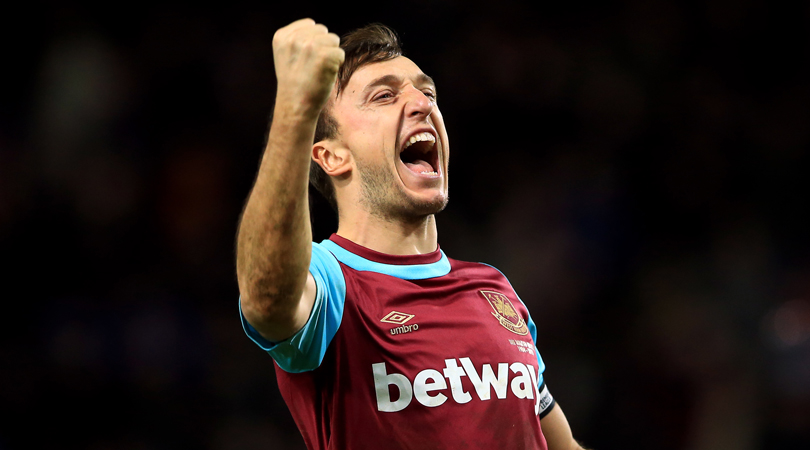

Ranked! Every kit at Euro 2016: which gets your vote?
Soccermatics: Where do England's main strikers score their goals from?
The finest players typically do end up at the biggest clubs, but that shouldn't be a prerequisite for England selection and neither should it prevent the national team from using seemingly mundane ingredients to create the right chemical balance.
Noble hasn't necessarily been wronged and there are some very convincing arguments as to why he has never played for his country. But his career has run parallel to an era during which England have had little excuse not to explore every available possibility, and his repeated absence illustrates the lack of creativity within their selection process.
Seb Stafford-Bloor is a football writer at Tifo Football and member of the Football Writers' Association. He was formerly a regularly columnist for the FourFourTwo website, covering all aspects of the game, including tactical analysis, reaction pieces, longer-term trends and critiquing the increasingly shady business of football's financial side and authorities' decision-making.
 Join The Club
Join The Club





